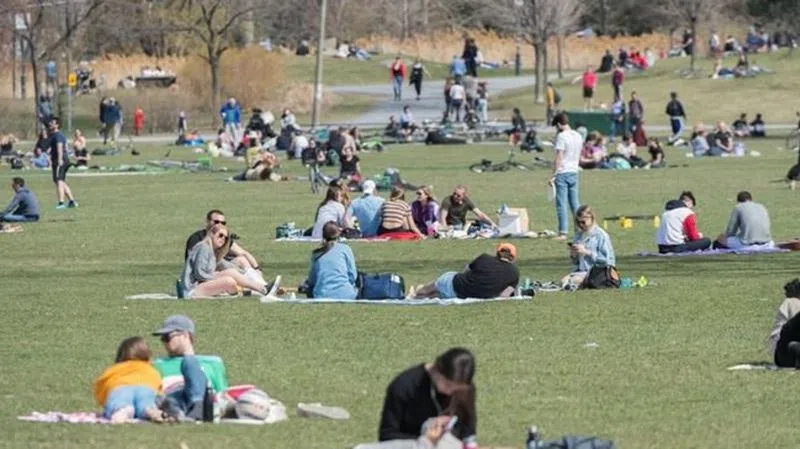
Looser COVID-19 rules mean more activity, but there may be some confusion
WINNIPEG — People in some provinces will enjoy more freedom Monday as restrictions related to the COVID-19 pandemic are loosened. But the change appears set to leave some workers looking for child care, some employers looking for workers, and many people trying to figure out a new regimen for going about their daily routine.
Manitoba is allowing many non-essential businesses, restaurant patios, museums, campgrounds and other facilities to reopen in one of the more aggressive restart-the-economy plans. At all venues, there will be rules in place to limit crowd gatherings and keep things sanitary in order to reduce the spread of the novel coronavirus.
Businesses that had been forced to close because of the pandemic learned last Wednesday, with just a few days notice, that they will be allowed to open at reduced capacity and with strict requirements for physical distancing between customers, hand sanitizer dispensers and more.
The Canadian Federation of Independent Business said some of its members are worried their employees may not come back right away for a variety of reasons, such as fear of catching COVID-19 or because they cannot find child care with Manitoba’s schools still closed.


